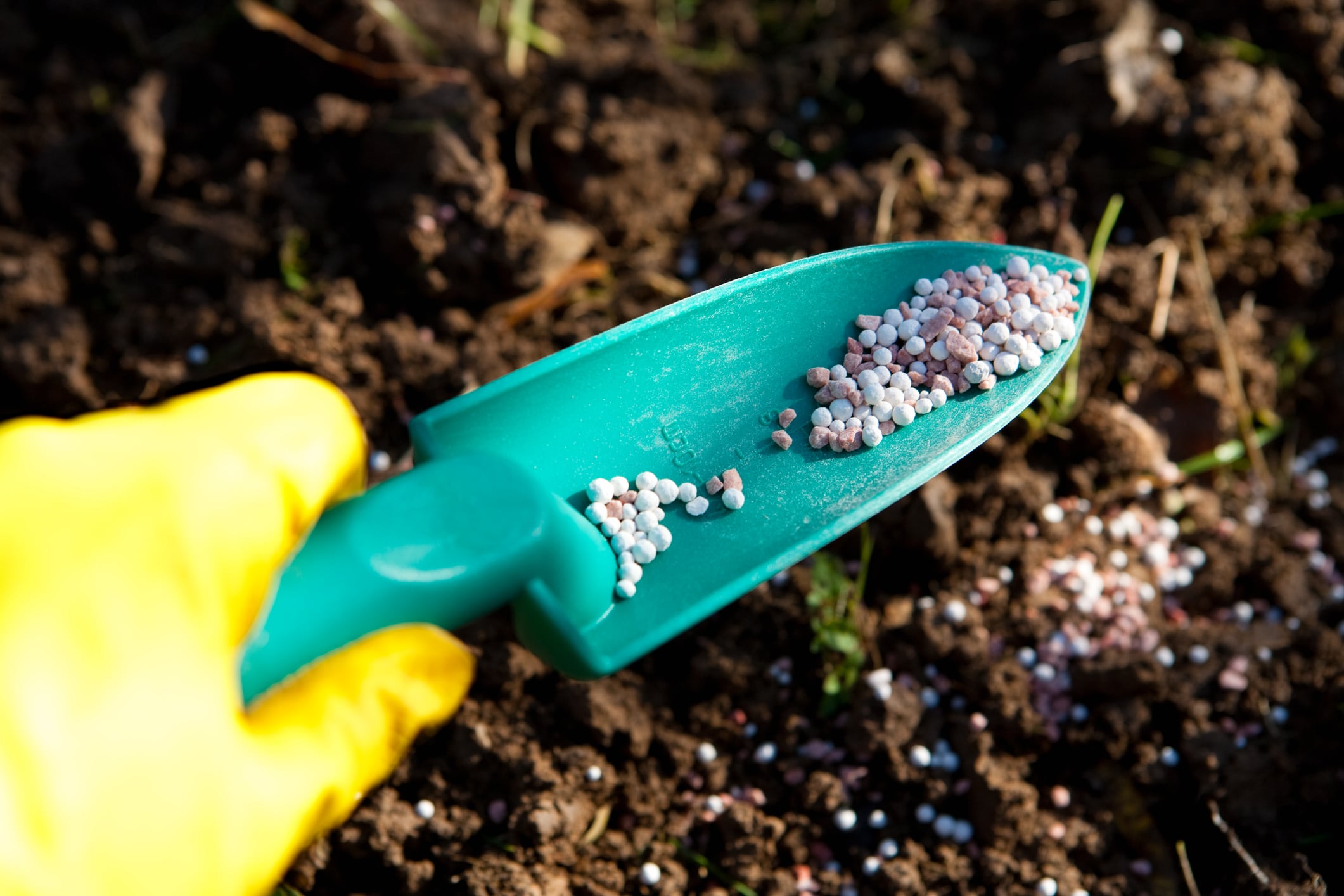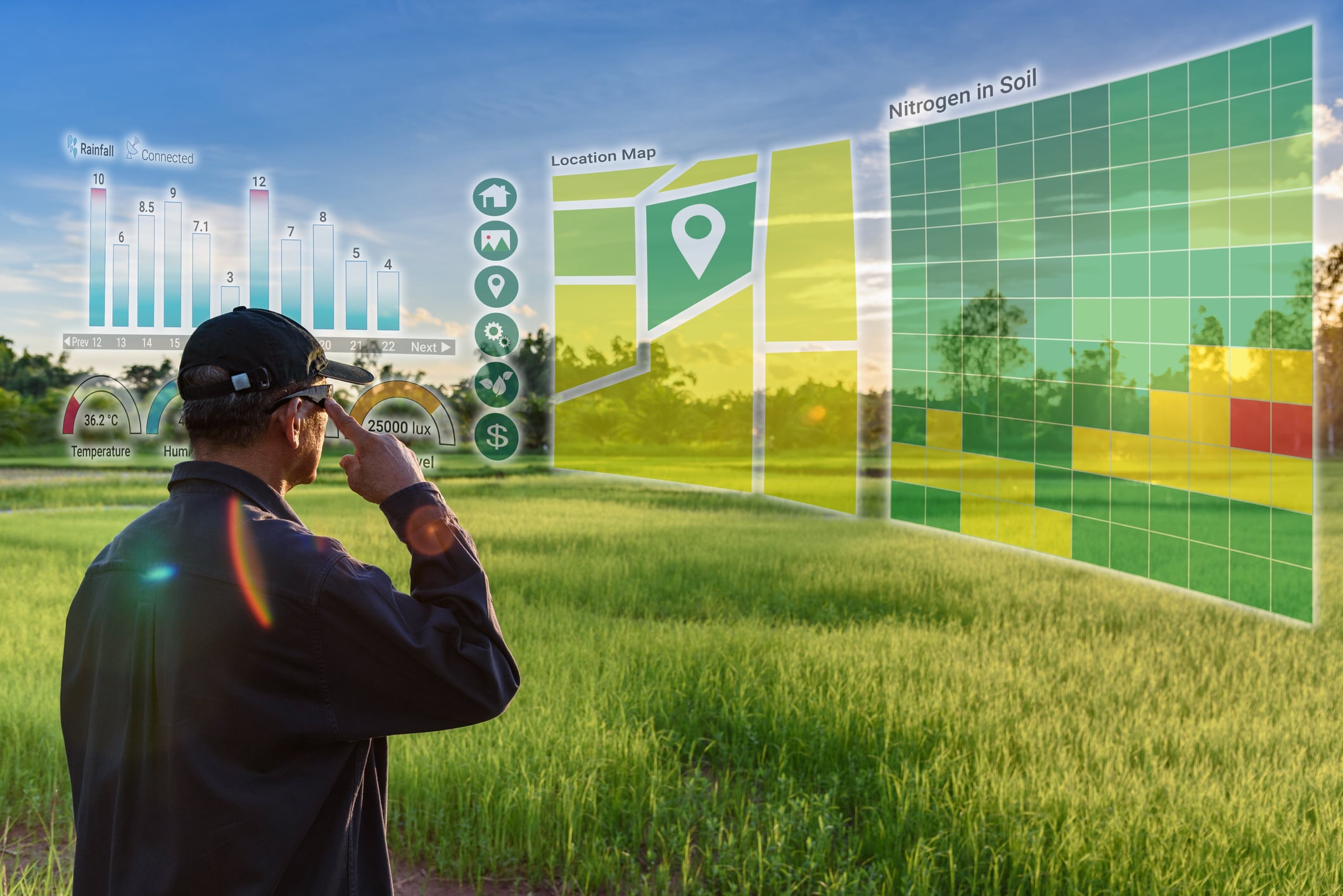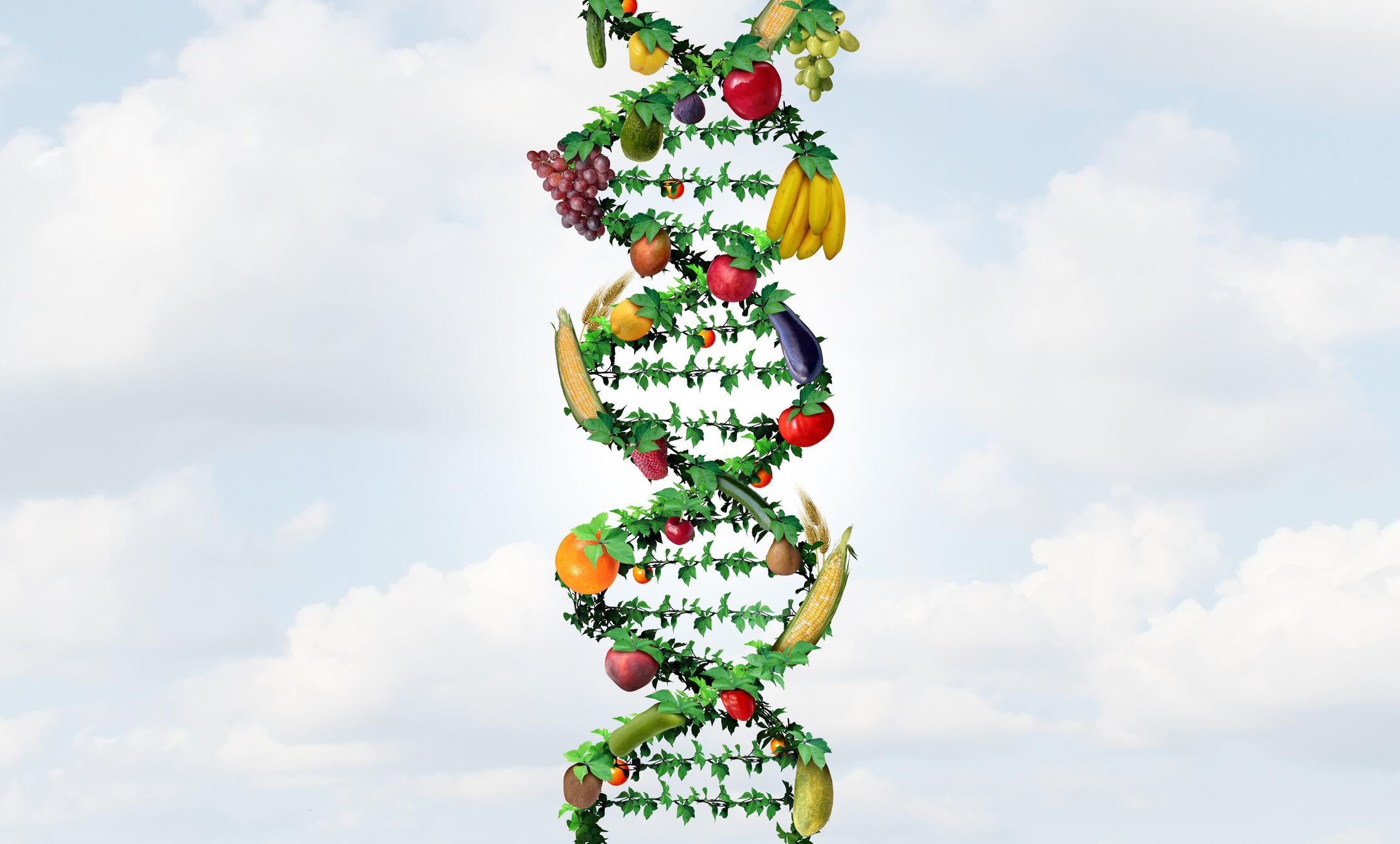Experts say there is an over-reliance on N, due to its well-established use leading to a relatively low cost of use.
P, on the other hand, is most least used, due to its limited access in a few countries and high mining costs.
This has resulted in nutrient imbalances in the cropland, especially the unbalanced release of N and P (N:P ratio). Previous research found its negative impacts on the environment and human health, such as contaminated drinking water as well as the increasing prevalence of cancer and upper respiratory diseases.
Further highlighting the cost of nutrient imbalances, researchers from the Global Ecology Unit (CREAF-CSIC-UAB, Catalonia) said: “Maintaining the equilibrium of the fertilizer N:P:K ratios in this scenario would require annual increases in the application P and K fertilizers that could strain the fertilizer markets even more, with unknown impacts on global food security, especially in low-income countries.
“The environmental effects of the food system in the scenario for 2050 could increase by 50–90% in the absence of technological changes and dedicated mitigative measures due to expected changes in population and income levels, reaching levels much higher than acceptable planetary boundaries that define a safe operating space for humanity.”
Precision farming tech: Facilitating more strategic use, than more fertiliser production
Precision farming was posited as a key tool in this regard. Its related technologies have the ability to diagnose and customise the fertiliser management to site, crop type and environmental conditions.
“For instance, the spectral indexes are one of the most precise diagnostic tools. The sensors and scanners are frequently mounted on tractors and provide information of soil nutrient status along crop fields, allowing a site-specific fertilisation.
“Similarly, advances can be also applied in the case of N to increase its use efficiency such as those based on smart agriculture including new fertility management that included N fertilizers with slow N releasing, sensors in soil crops to monitor the actual status of soil N, and an adequate combination of crop species in intercropping or crop rotation improving the use of N2- fixing crops,” the researchers explained.
The 4R nutrient stewardship framework was also presented alongside the use of the aforementioned technologies. The framework emphasises on right nutrient source at the right rate, right time, and right place to ensure the appropriate use of nutrient resources.
Global strategy of fertilisation needed
The researchers highlighted a need for “more international agreement about a global strategy of fertilisation” that address preservation of biodiversity, sustainable use of resources and crop productivity.
However, the current situation is that such guidelines tend to be general declarations than concrete law measures.
Legislation on fertiliser use remained in silos among individual countries like Canada’s global country plan to reduce 30% in industrial fertilise use and China prohibiting import, produce, sale and use of unregistered fertilisers.
Highlighting the remaining policy gaps, the researchers said: “There is still a lot of room in most countries to take a more serious policy about fertilizer use and to endorse all the technical improvements to reduce fertilizer use while increasing use efficiency.
“It is necessary to overcome the constrains imposed by conventional intensive agriculture and the scarce economical capacity and little access of farmers of several countries to adequate information.”
Source: Agriculture & Food Security
“A better use of fertilizers is needed for global food security and environmental sustainability”
Authors: Penuelas, J., Coello, F., & Sardans, J.




